- ATI-1777 Phase 2a Trial Results Published in JID Innovations -
- ATI-1777 Phase 2b Trial Topline Data Anticipated in
- Aclaris Announces Reduction in Workforce -
First, Aclaris announced the publication of the Phase 2a trial results of ATI-1777 in moderate to severe atopic dermatitis (AD) in the peer-reviewed journal JID Innovations on
The article, entitled “ATI-1777 a topical JAK 1/3 inhibitor may benefit atopic dermatitis without systemic drug exposure, results from preclinical development and Phase 2a randomized-controlled study ATI-1777-AD-201,” presents the results from both preclinical development studies and the Phase 2a study of ATI-1777 in moderate to severe AD, and is available here.
In the Phase 2a study, ATI-1777 demonstrated meaningful improvement in the modified Eczema Area and Severity Index (EASI) over 4 weeks of treatment and minimal measurable systemic exposure with a 2% formulation applied twice daily.
Based on these results, Aclaris progressed ATI-1777 into a Phase 2b trial in patients with mild to severe AD. The Phase 2b vehicle-controlled trial is designed to further explore the concentration range (0.5%, 1%, and 2%) of ATI-1777, as well as a once-daily regimen using the 2% formulation. The trial enrolled 250 patients, including adults and children as young as 12 years old, across 34 clinical trial sites in
“We are excited by the recent publication of our ATI-1777 Phase 2a trial in JID Innovations, particularly with our top-line results from the Phase 2b trial expected early next year,” stated
Aclaris also announced the following corporate updates:
- Aclaris now plans to explore the use of zunsemetinib (ATI-450), its investigational lead oral small molecule MK2 inhibitor, as a potential treatment for pancreatic cancer and metastatic breast cancer as well as in preventing bone loss in patients with metastatic breast cancer. Aclaris plans to use ATI-450 instead of ATI-2231, its second MK2 inhibitor, due to ATI-450’s more advanced clinical development package. Aclaris plans to continue the development in collaboration with
Washington University . - Aclaris is reassessing the most effective pathway for ATI-2138, its investigational oral covalent ITK/JAK3 inhibitor, including the indication selection due to the evolving competitive landscape within ulcerative colitis. Aclaris plans to provide further guidance in early 2024.
- Aclaris intends to accelerate the advancement of several of its discovery programs emerging from the KINect drug discovery platform, with the goal of generating investigational new drug applications from these programs in the near term.
In addition, Aclaris has approved a plan to reduce its workforce by approximately 46%. Aclaris anticipates this reduction will begin immediately and will be substantially complete by
Continued Manion, “With the discontinuation of development of ATI-450 for immuno-inflammatory disease indications, we are taking steps to reduce our spending and streamline our organization which we expect to meaningfully preserve capital. I would like to offer my deepest appreciation to all of our employees for their passion, professionalism and dedication they have put forth every day.”
About
Cautionary Note Regarding Forward-Looking Statements
Any statements contained in this press release that do not describe historical facts may constitute forward-looking statements as that term is defined in the Private Securities Litigation Reform Act of 1995. These statements may be identified by words such as “believe,” “expect,” “intend,” “may,” “plan,” “potential,” “will,” and similar expressions, and are based on Aclaris’ current beliefs and expectations. These forward-looking statements include statements concerning or implying the therapeutic potential of Aclaris’ drug candidates, Aclaris’ expectations regarding the availability of data and timing of reporting results from its ATI-1777 Phase 2b trial and the development strategy for ATI-1777, including intentions to seek a commercialization partner for the asset, the development plans for its other drug candidates, including zunsemetinib, Aclaris’ plans regarding the timing of additional guidance on its ATI-2138 program, Aclaris’ intentions to accelerate the advancement of its discovery programs, and statements regarding Aclaris’ planned reduction in force, including the expected timing and Aclaris’ ability to achieve the expected benefits thereof. These statements involve risks and uncertainties that could cause actual results to differ materially from those reflected in such statements. Risks and uncertainties that may cause actual results to differ materially include uncertainties inherent in the conduct of clinical trials, Aclaris’ reliance on third parties over which it may not always have full control, Aclaris’ ability to enter into strategic partnerships on commercially reasonable terms and other risks and uncertainties that are described in the Risk Factors section of Aclaris’ Annual Report on Form 10-K for the year ended
Aclaris Therapeutics Contact:
Senior Vice President, Investor Relations
484-639-7235
rdoody@aclaristx.com

Source: Aclaris Therapeutics, Inc.

